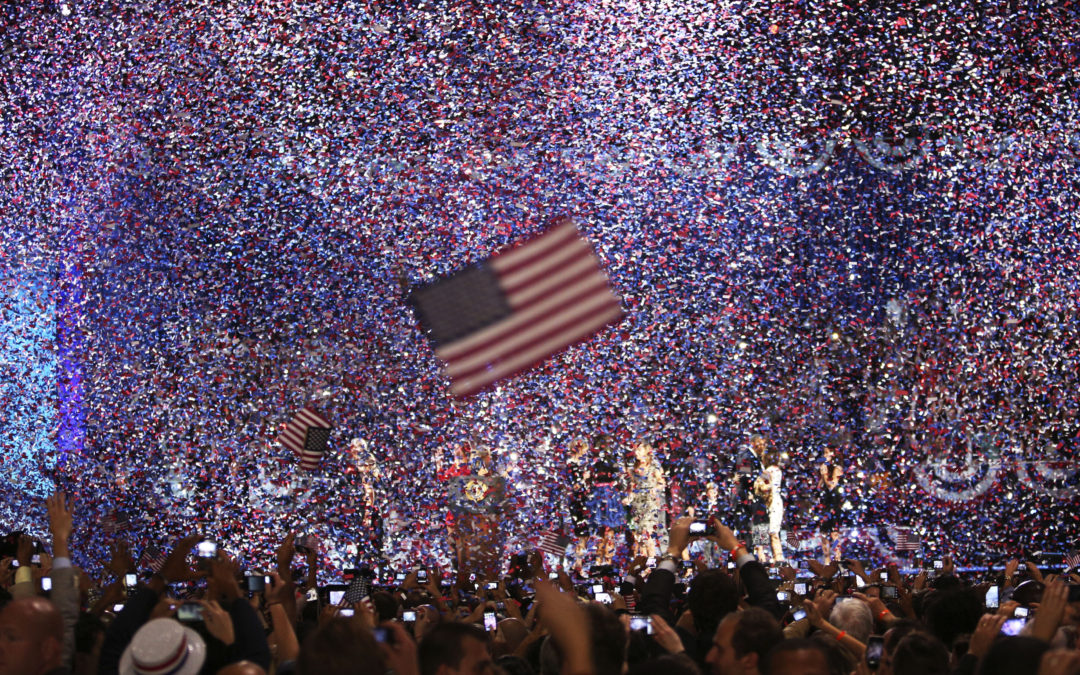“Political parties choose their nominees, not the voters.”
That’s the bottom line according to Republican National Committeeman Curly Haugland.
“The media has created the perception that the voters choose the nomination,” she added.
That is exactly correct. Delegates at the national convention pick the nominee. I made this same case last month when I wrote about my experience being elected a national delegate.
Yes, millions of people have been voting in primaries and caucuses across America. The parties love that because it shows their candidates are engaged with “real people.” But make no mistake about it. Political parties are private organizations – nothing about them in the constitution and they are not run by government – and they want the best face possible to represent their brand.
Thus, if voters cannot agree on a consensus candidate, and no single candidate can reach the minimum delegate number required, nothing is owed to anybody.
The rules don’t say “most delegates win.” In fact, the parties have the minimum requirement for good reason. To protect itself from marginal nominees who will split the party and lead it to a huge defeat in November.
“The best outcome for Republicans now is that no one gets 1,237 before the convention, leaving it to the delegates to choose a nominee who looks like he might actually be able to win the election,” wrote veteran Republican strategist Karl Rove in the Wall Street Journal. Rove added, “a fresh face might be the thing that could give us a chance to turn this election and win in November against Hillary.”
A “fresh face” who could actually win Ohio, Virginia and Florida, the three key battleground states that a candidate must win to reach 270 electoral votes.
All major polls suggest Hillary Clinton would defeat Donald Trump or Ted Cruz in all three.
I have been suggesting the GOP may turn to Speaker Paul Ryan, who is beginning to sound like a dark horse candidate.
The bottom line here is that any private organization wants its strongest face representing its brand. A contested convention, after two weak candidates fail to hit a a bare majority of delegates, is a good thing, not bad. It’s not depriving anyone of anything (except the losing candidates). It’s protecting and strengthening the team for the fall.
Anyone who fears the contested convention is a bit of a political novice. See Abraham Lincoln for my point.
